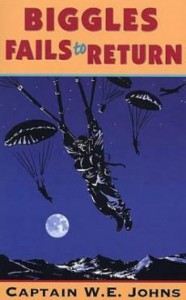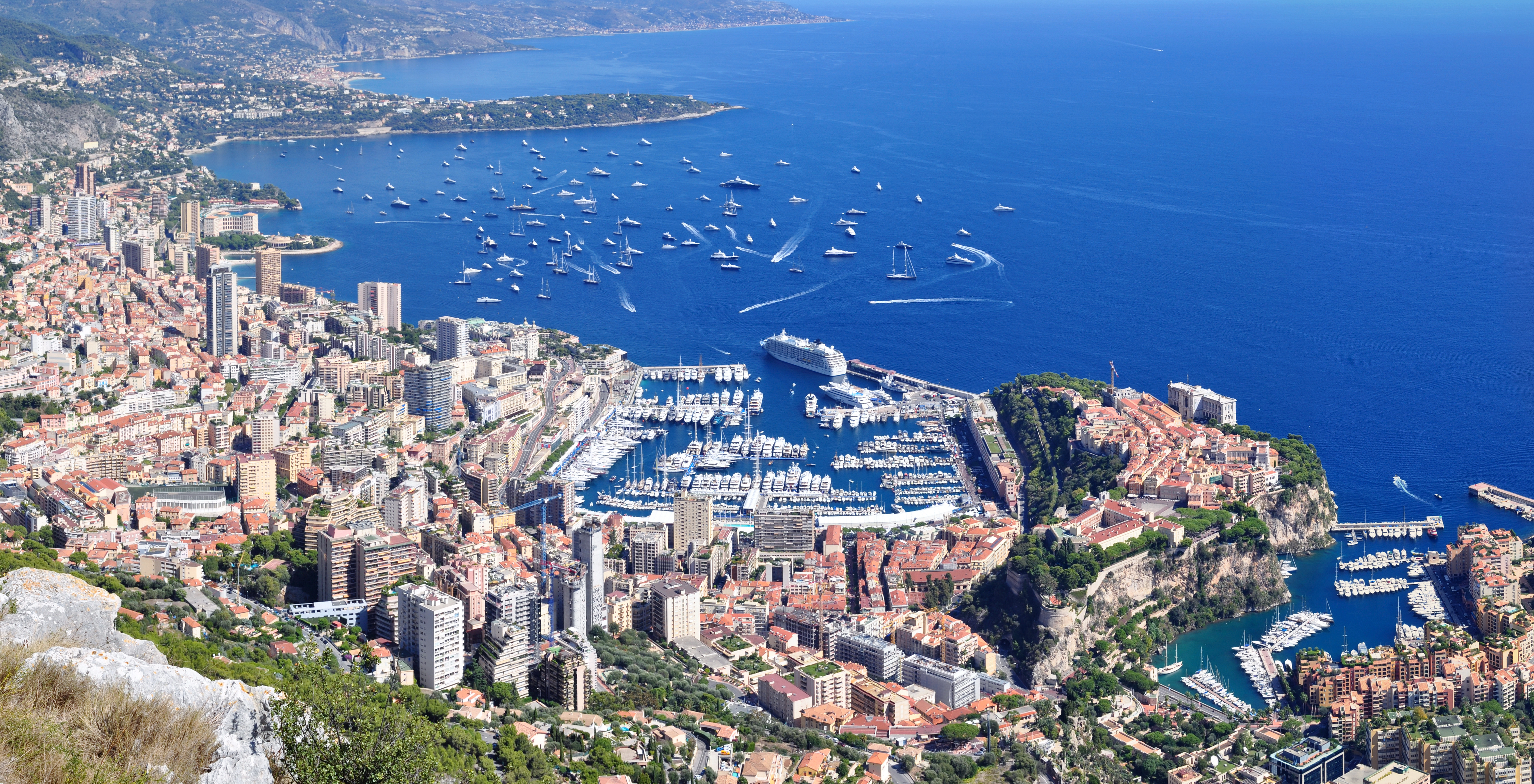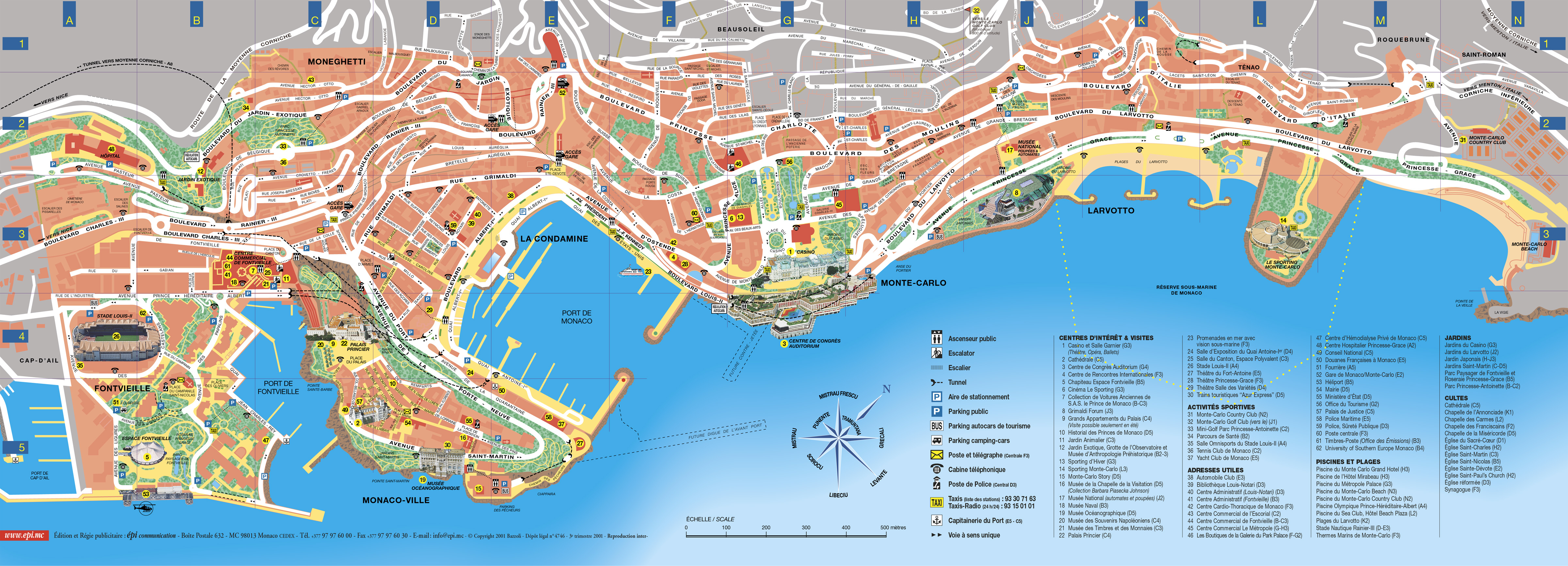A good old-fashioned commando raid

Sadly this is going to be one of the last Biggles books that I read for a while, namely because I have finished reading all of the ones that I borrowed off of my Dad and the rest of them happen to be 700kms away in his study. Maybe I'll grab some more the next time I am over there, but considering the number of books that are on my shelf:
I don't think I am going to be scrounging for reading material any time soon (though spacing some of the really heavy reads with a couple of adventure novels is always a good thing).
Anyway, this one was pretty awesome, and in fact Biggles doesn't even appear until the end even though he is still the major character in the book. This is one of those stories where the main character literally dominates the text yet doesn't even make an appearance, or if he does, then it is near the end. The reason I say that is because Biggles goes off to do something and doesn't come back and after pestering their senior officer Algy, Ginger, and Bertie learn that Biggles went off to do some commando work and apparently got captured (or at least that is what they believe because the enemy isn't bragging about it).
This book has everything that you would want in an action/spy thriller. It is set in an exotic location (Monaco) and has lots of spy stuff such as dead letter drops, secret societies, and our heroes skulking around in the dark trying to gather clues to find out what had happened to their friend. Mind you, I sometimes wonder about the British army because it sounds as if they were ready to give up on Biggles and it was only because his friends pushed their CO into letting them attempt to rescue him that he ended up getting saved.

I have also noticed that this book was written during World War II, though I suspect that the collection that I read (The Biggles Omnibus) was compiled afterwards because Johns has a little blurb where he talks about how there were commando operations (such as when Mussolini was rescued by the Germans after being captured by Italian revolutionaries) that would make you never want to watch a spy thrillers, or adventure movies, again simply because the truth is actually much exciting than fiction.
I also noticed that the book contained a map of Monaco though these days, with Google Maps, one probably doesn't need one. Anyway, here is a map that I found on the internet:

It is also funny reading about places that you have actually visited. Okay, the closest that I got to Monaco was the railway station, namely because we had been travelling by train from Florence and needed to get to Nice before dark and it was getting late. I had planned on getting off the train, but then there was only so many stops that I was able to do. Having spent an hour in Pisa I simply didn't have time to also visit Monaco (even though I did want to check out the famous casino). Mind you, you don't actually get to see much of Monaco from the train because the entire journey is underground and you only get a couple of glimpses when the train comes out of the tunnel. When Johns mentions that the region around Monaco is incredibly hilly he is not kidding.
The other funny thing was how Johns talked about the Italians going for a swim in the harbour, which is something else that I saw when I was over there. Being from Australia when we want to go for a swim we generally go down to the beach – there tends to be plenty of beach to go around. However in places like Naples, and Monaco, where there isn't any beach, people simply jump into the harbour for a swim. In a way I reckon that would be much better, especially since you have deep water and can actually swim, as opposed to wading out until the water is deep enough so that would can stop paddling and start swimming properly. In fact when I was in Naples I was having a really, really hard to trying to find a decent beach in which I could have a swim (it was stinking hot when I was there), and I really wasn't all that keen to go for a swim in the harbour (besides which there was nowhere to change).
Anyway, I have to finish off but this is a rip-roaring great story, though there are a few times when Johns uses certain terms to describe the Italians which I thought was a little uncalled for, though since these words were coming out of the mouths of the heroes then it is somewhat understandable.
Oh, I should also mention that there is a bit of a romance in this story as well, but then again what would a spy story be without a bit of romance?
 4
4


